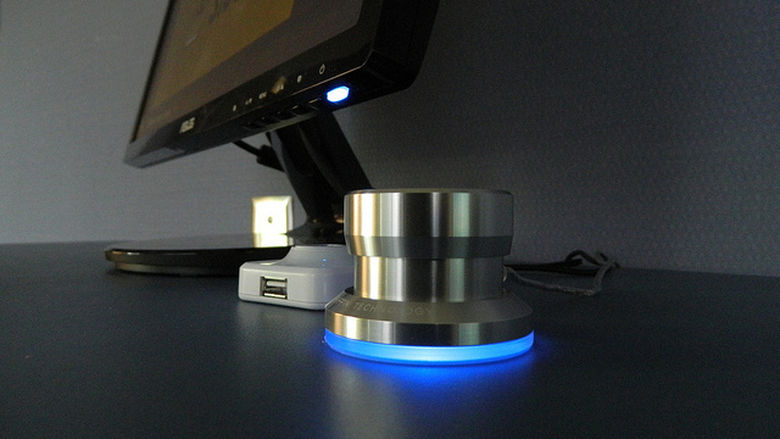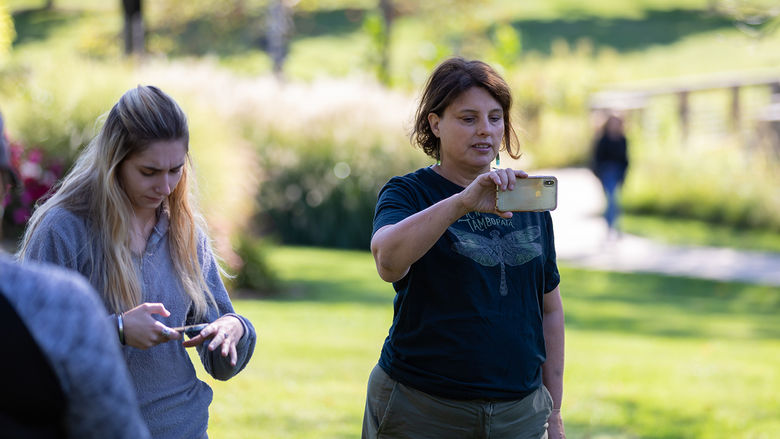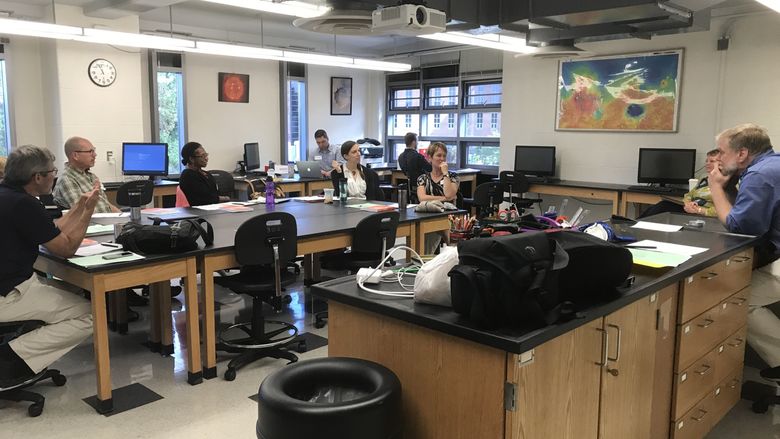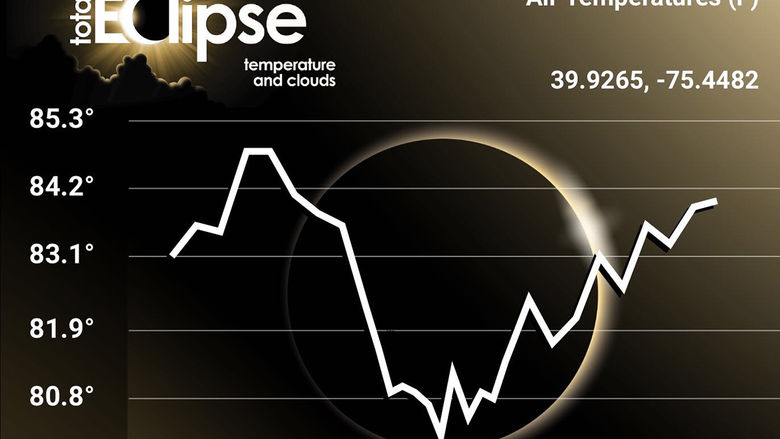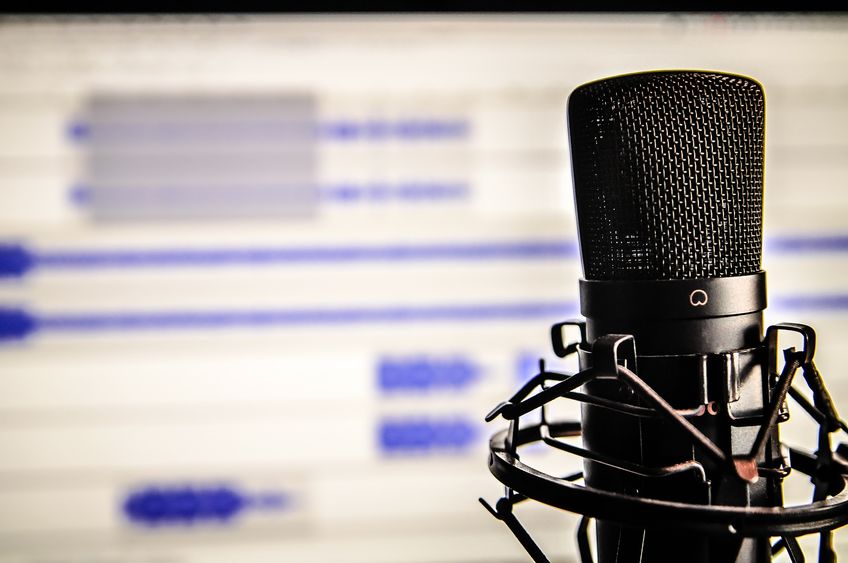
If you’re a science teacher, you never stop asking questions.
With a constant stream of new discoveries and research to keep up with, along with older topics that might need refreshing, science teachers are always in search of new information. But with limited time and resources for professional development, sometimes those questions go unanswered.
To help these teachers on their endless quests for knowledge, Laura Guertin, professor of earth science at Penn State Brandywine, is spearheading a project that aims to create podcasts that answer questions submitted by her fellow members of the Pennsylvania Earth Science Teachers Association (PAESTA).
“Teachers don’t always have the resources or the need to take a weeklong workshop on a certain topic,” Guertin said. “It was former PAESTA president Kathy Tait who came up with the idea to ask K–12 teachers to submit questions and have members of the higher education community reply with podcasts. It’s an inexpensive, easy way for them to get professional development.”
As questions began to flood in, Guertin turned to the students in her EARTH 111 Water: Science and Society course, who she hoped would be able to research the questions and produce the podcasts to answer them.
“I hoped that not only would the students help share knowledge with these teachers, but that they would gain powerful experience, as well,” Guertin said. “In addition to learning how to research and create a podcast, I wanted them to improve their listening skills, which I often hear from employers is a skill they’re looking for. So in a way, it’s professional development for the students as well.”
Lessons in the library
Guertin kicked off the semester by having her students listen to several different examples of podcasts, which she assigned through Canvas, Penn State’s new learning management system that allows faculty and students to manage their courses online. After the students became familiar with different styles and forms, they chose the subjects for their own podcasts from the list of submitted questions.
Once the students had their topics, it was time to head to the library.
“The students spent a good chunk of the semester in the library learning how to find reliable sources for their research,” Guertin said. “They also used the research software Zotero to organize their information and create an annotated bibliography.”
Finally, the students drafted their scripts before exchanging them with each other for peer review, giving them the opportunity to give and receive feedback.
In the studio
Once the scripts were finalized and it was time to record, Guertin enlisted the help of Carla Rapp, a traveling Media Commons consultant in Information Technology Services. Rapp visited the Brandywine campus to teach the students how to use GarageBand to record, edit and produce their podcasts. (GarageBand is a software application that allowed students to record their scripts before editing and adding sound effects and music.) She made sure to teach the students how to find audio that was free to use under a creative commons license so they avoided copyright infringements.
The result was polished, professional-sounding podcasts that would be right at home next to episodes of "This American Life" and "Serial" on someone’s playlist.
Rapp said that helping the students on their projects exemplified why she became a consultant.
“I personally am very much an audio and visual learner, and I’ve always wanted to help other students that learn that way, too,” Rapp said. “I want to give students a chance to express themselves the best way they can. That’s my heart.”
Once the podcasts were complete, Rapp taught the students how to use Box at Penn State to store and share their audio files.
“Using Box to allow students to listen to the finished podcasts was such a great way to end the semester,” Guertin said. “They were able to leave comments on each other’s projects and read the feedback about their own.”
Prepping for the future
Erin Dolan, now a junior majoring in broadcast journalism, took Guertin’s class in the spring when she was still at Penn State Brandywine. She chose to do her podcast on the Great Blizzard of 1888, which dumped anywhere from 20 to 60 inches of snow across the Northeast.
Dolan said the project taught her not just about Pennsylvania history, but also the value of quality research.
“Most importantly, I learned to decipher helpful websites from less reputable ones,” Dolan said. “The project also helped my speech while being recorded — which is important if I eventually become a broadcast journalist — and how to teach someone about a subject I previously knew nothing about. Dr. Guertin really drove home the importance of knowing your facts.”
Dolan’s and the other students’ podcasts are now available on the PAESTA podcast website, as well as on iTunes.
Although Guertin plans to continue having her students continue the podcast project, she said anyone is welcome to contact her about doing a podcast of their own.
After all, there will never be a shortage of questions when there’s so much to learn.
